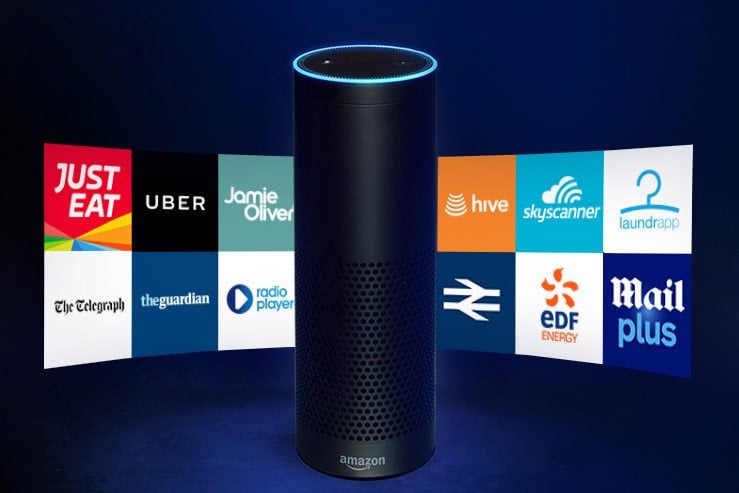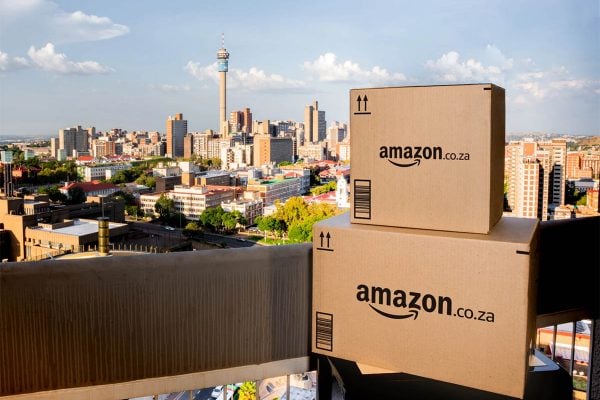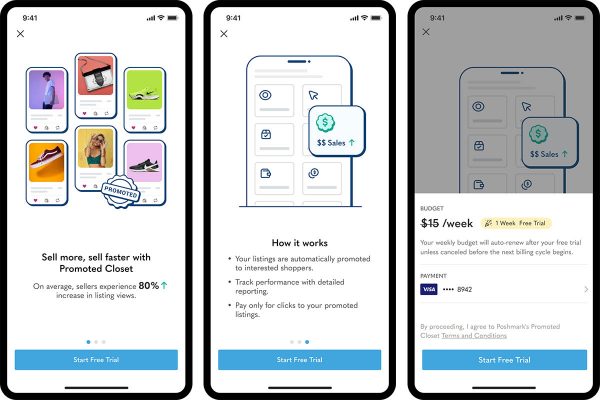Having ordered one of the very first Amazon Echo devices to be delivered on the original release date in the UK I was both impressed with the device and left more than a little disappointed. Beautifully engineered, I recall describing the Alexa personal assistant as ‘simply a bit stupid‘ and being dismissive of the largely spammy Amazon Echo Skills.
Alexa was disappointing when first launched and in some ways still is, although it’s rapidly improving and can now answer basic questions with more context making the answers useful compared to originally frustrating. In the early days asking something as routine as how long it would take to get to Manchester would elicit an answer that it’s 148 miles as the crow flies but she couldn’t say how long it would take to get there as she didn’t know how fast I was travelling. Today ask that same question and the answer is a much more useful “Based on current traffic it’ll take about three hours and thirty minutes to drive to Manchester” – an answer that’s meaningful and in context.
Amazon have worked hard to improve Alexa’s capabilities making the Echo more than just a fancy radio or music player. One of the remaining issues is the manner in which they’ve allowed developers to add Skills which now number of 30,000. The first problem with Alexa Skills is that the majority of them are trivial and practically worthless. If you want a Skill to remind you if you’ve fed the dog (after telling the Skill that you have indeed fed the dog), then Alexa has it but who really wants a Skill like that?
The biggest problem with Amazon Echo Skills are that you don’t know they are there until you need them and then still have to go hunting for a suitable Skill. Without specifically asking Alexa to open a Skill then your Echo is incapable of accessing them and how do you know a relevant Skill even exists? That’s all about to change according to a blog post from Amazon’s Ruhi Sarikaya. He describes how a beta version of Alexa can automatically discover, enable and launch skills using natural phrases and requests.
“I recently asked: “Alexa, how do I remove an oil stain from my shirt?” She replied: “Here is Tide Stain Remover.” This beta experience was friction-free; the skill just walked me through the process of removing an oil stain from my shirt. Previously, I would have had to discover the skill on my own to use it. This is just one example, but it gives you a sense for how this capability will provide customers frictionless direct access to, and interaction with, third-party skills.”
– Ruhi Sarikaya, Director of Applied Science, Alexa Machine Learning
Alexa Skill developers have until now been prohibited from directly monetising their Skills. That’s partly, in my opinion, why there are so many useless (one might even say ‘spam’) Alexa Skills available – those who are best able to build Skills which would be useful are also most likely to be devoting their efforts in areas they can earn a living or profit from their work.
What’s really interesting from the example Alexa Skill auto discovery, enable, launch sequence cited by Ruhi is that it could easily be developed into a shopping experience. Even if the Skill can’t directly enable you to buy a product on Amazon, it could still become a major branding and advertising exercise for brands. There will be a concerted effort by skilled developers to figure out how the Alexa algorithm will auto discover their particular skill in response to certain keywords… or potentially Amazon could sell sponsored keywords which would be associated with particular skills.
If shopping was tied to Alexa Skills, it would be an enormously powerful advertising and marketing platform – if you are an Echo owner then you’ll almost certainly have an Amazon Prime account. If you do happen to have an oil stain on your shirt and Alexa opens a Tide Skill then that’s probably the brand of detergent you’re going to buy. If your Amazon Echo can accept a voice command to order Tide which can be delivered in under an hour with Prime Now, it won’t even significantly delay switching your washing machine on and doing your laundry.
Shopping on Amazon Echo is still in it’s infancy, voice ordering is taking place but no where near the extent of ordering through more traditional computers or mobile devices. Amazon Alexa auto discovered apps, whether through organic or paid search, or as branded adverts or fully integrated Amazon shopping experiences, will start to change the way that advertisers interact with consumers. It may well take a few years to become mainstream, but then it’s also taken a few years for Amazon Echo to become more than just a music player and kitchen timer. Bear with us, and we (or rather Amazon) will get there.










